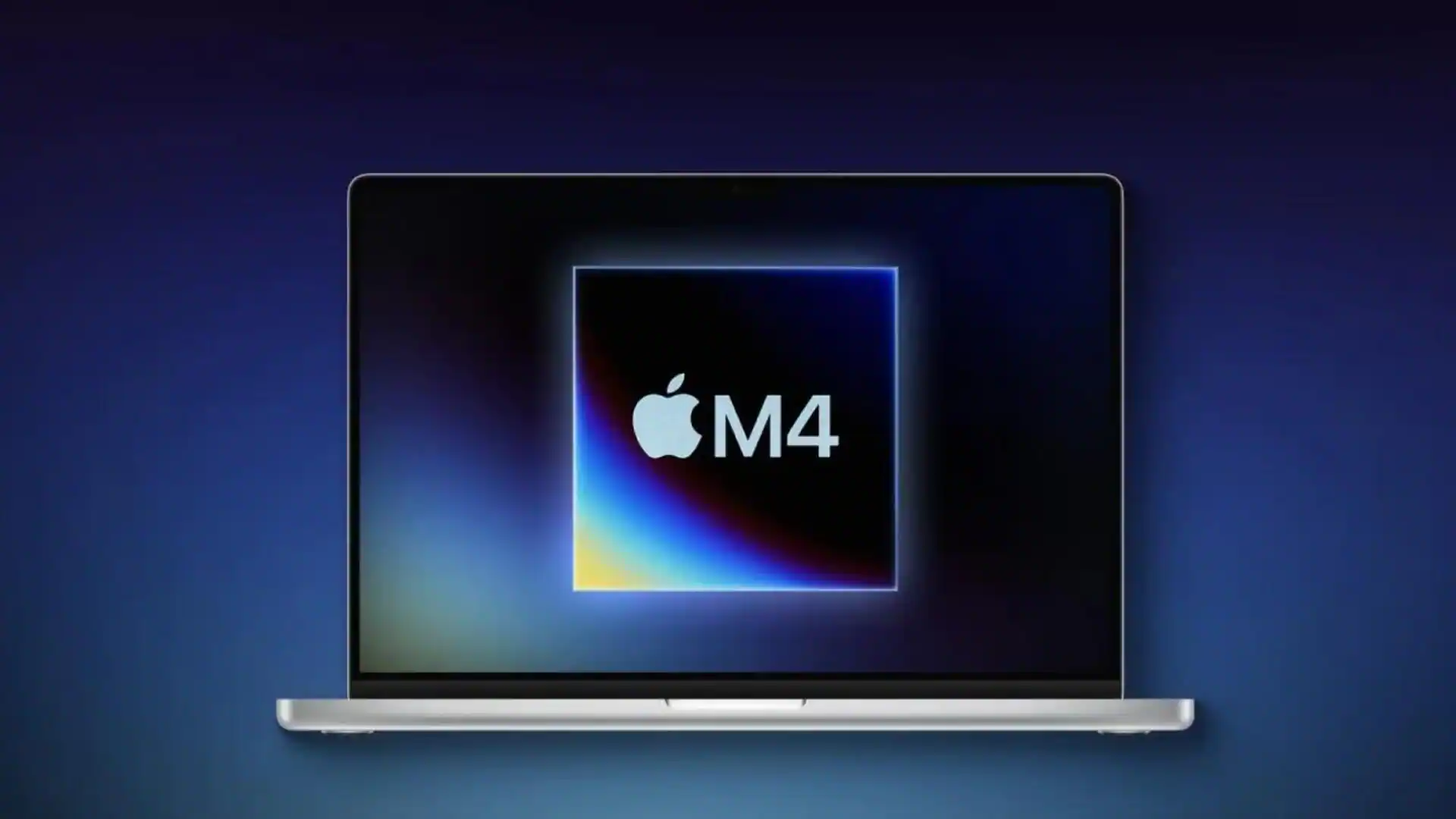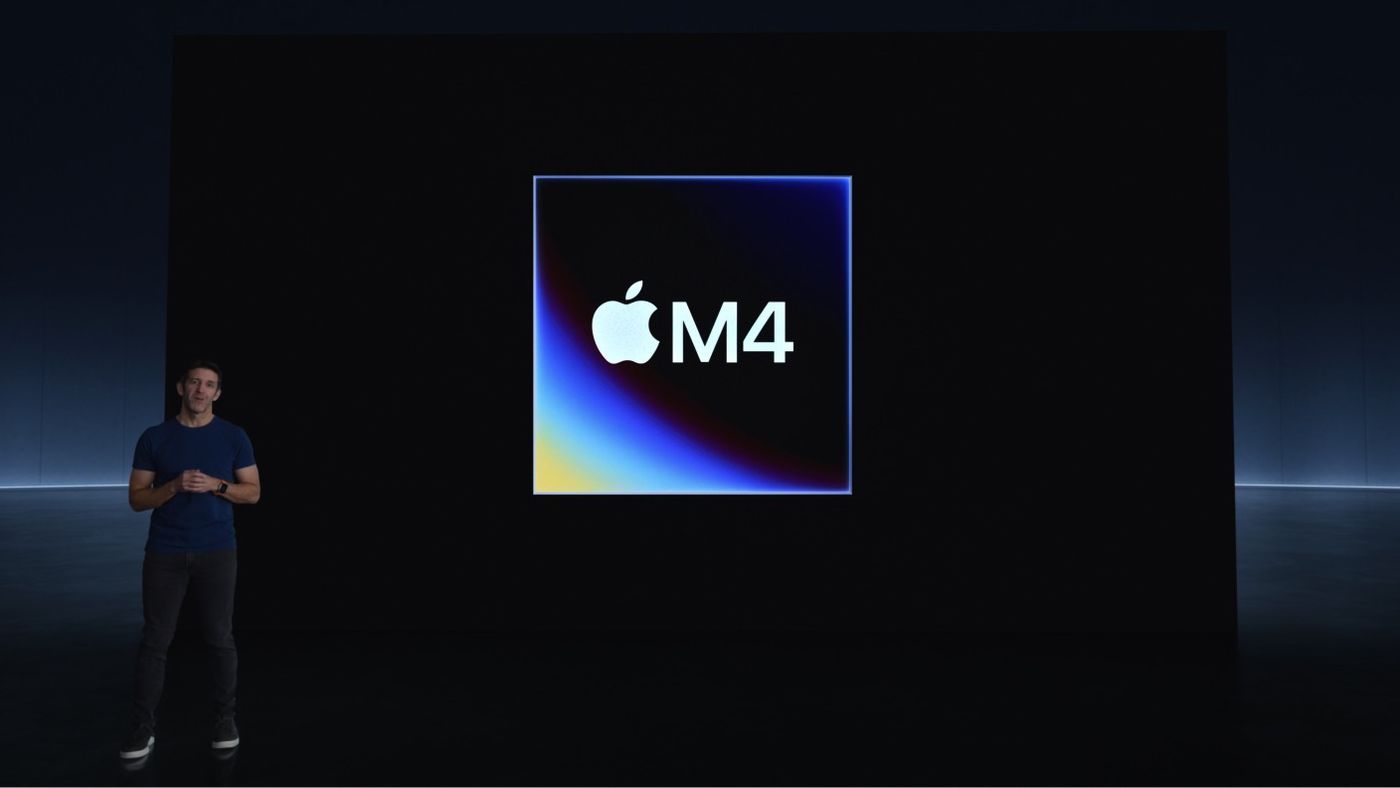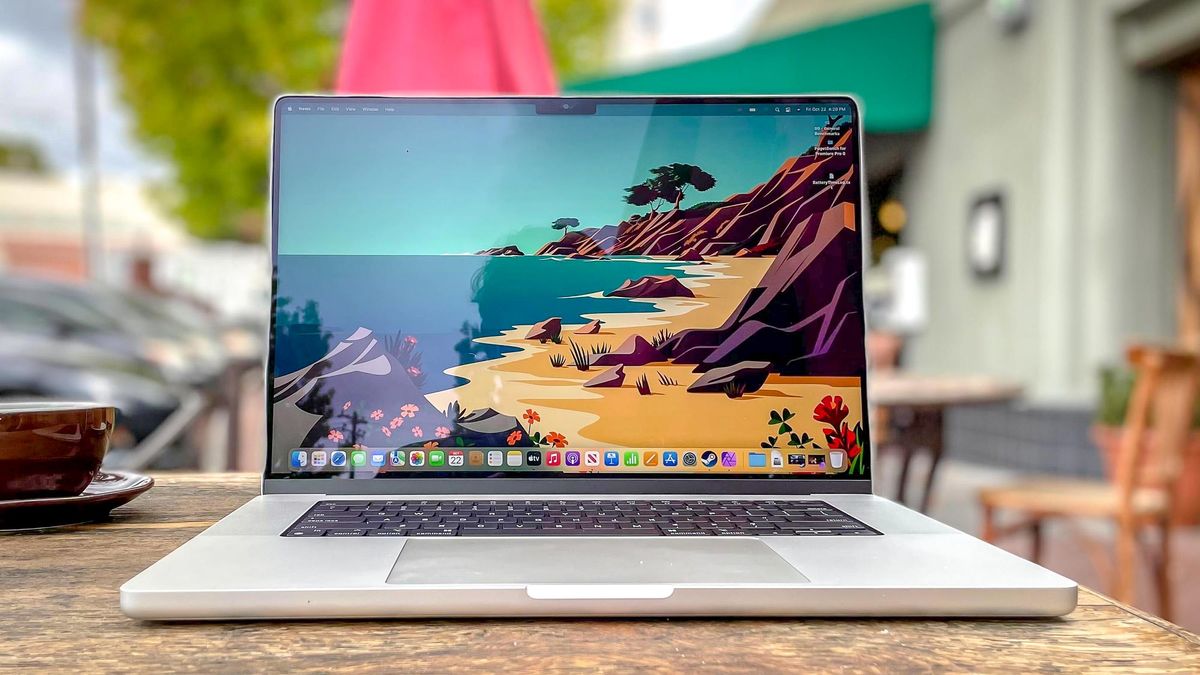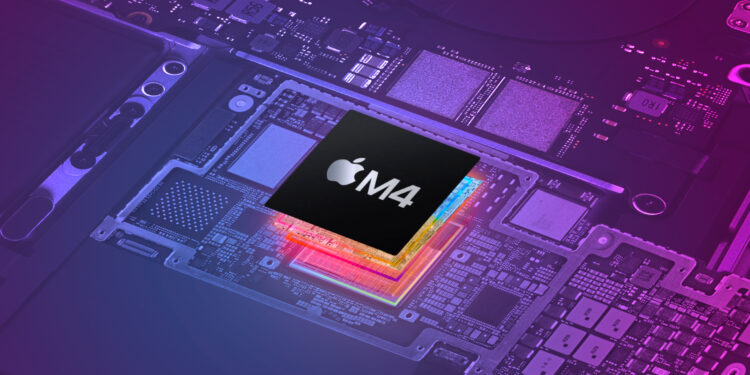Apple is on the brink of another significant technological revolution with the launch of its M4 chips, setting a new standard for its Mac lineup and signaling a major leap into the future of artificial intelligence and computing. As we dive into the details of this monumental upgrade, it’s clear that Apple is not just enhancing its hardware but also shaping the future of personal computing.

The M4 Chip: Powering the Next Generation of Macs
Last week, the tech giant announced the introduction of the M4 chip, which will be featured across various Mac products, including a 24-inch iMac, revamped versions of the Mac Mini, and new models of the MacBook Pro. The M4 chip, first introduced in the iPad Pro earlier this year, is specifically designed to handle more complex AI tasks and improve gaming experiences, boasting an increase in core counts and nearly double the capability in processing operations per second compared to its predecessors.
“Starting this week, the company will begin adding the M4 processor to the Mac lineup, helping set the stage for Apple’s artificial intelligence era,” said a source familiar with the company’s plans. This chip is not just a minor upgrade; it is a cornerstone of Apple’s strategy to integrate more AI capabilities into its devices, enhancing both performance and efficiency.
Enhanced Performance and Capabilities
The new chip will feature in devices such as the Mac Mini, which will also gain ray tracing capabilities for the first time, offering more realistic images—a significant boon for gamers. “The Mac Mini will get versions with the base chip and the M4 Pro, while the MacBook Pro will sport higher-end M4 flavors,” the source added. This upgrade is part of Apple’s broader strategy to refresh its entire Mac line with the M4 chip, indicating the importance of this new technology in its ecosystem.

For those upgrading from older models, the difference will be noticeable. The M4 chip promises enhanced CPU performance over the M3 models and a significant leap from the M1 machines, marking another milestone in Apple’s transition from Intel Corp. chips to its own in-house processors started four years ago.
Future Prospects: Expanding the Horizon
Looking ahead, Apple is not stopping with the M4. Plans are already in place to roll out the M5 chip by late 2025 or early 2026, starting with the iPad Pro. The iterative improvements in Apple’s chip technology highlight the company’s commitment to staying at the forefront of the tech industry, continuously pushing the boundaries of what its devices can do.
Moreover, Apple’s innovative approach to product launches has evolved. “This time, Apple is doing something a bit different,” said Apple marketing chief Greg Joswiak. “Early last week, it privately invited certain media members and creators to a venue in Los Angeles for hands-on briefings this coming Wednesday.” Such strategies underline Apple’s adaptive marketing techniques in the post-pandemic era, engaging directly with the press and influencers to generate buzz and excitement.
Beyond Computing: Apple’s Broader Vision
Apple’s ambitions extend beyond just powerful chips and fancy gadgets. The company is also making strides in health technology, specifically in developing a non-invasive glucose monitoring device aimed at revolutionizing diabetes management. “The company has made major advancements over the past couple of years and proved the feasibility of the technology internally,” reported sources. While it may be a few years before this product hits the market, its potential impact on public health could be profound.
In addition to its health initiatives, Apple is also set to introduce a new smart home device next year, aiming to enhance home connectivity and control. This new device is expected to be a central hub for managing various smart home accessories, further extending Apple’s ecosystem into everyday home life.

As Apple continues to innovate and expand its product lineup with advanced technologies like the M4 chip and beyond, its influence on both technology and daily life seems set to grow even further. The integration of AI, health technology, and smart home capabilities demonstrates Apple’s vision of a connected and tech-driven future. With these advancements, Apple is not just selling products; it’s crafting the future of digital lifestyle integration, one chip at a time.










